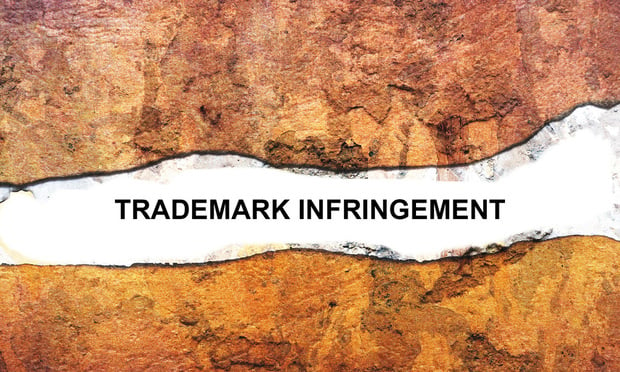 The State Farm policies in question don't define the terms "trade dress infringement" or "trademark infringement," Phipps wrote for the court. But the policies do distinguish the two terms with their plain language, U.S. Court of Appeals for the Third Circuit Judge Peter Phipps wrote. The concepts of trademark and trade dress have much in common, with trade dress often treated as a subspecies of trademark. (Credit: Alexskopje/Shutterstock.com)
The State Farm policies in question don't define the terms "trade dress infringement" or "trademark infringement," Phipps wrote for the court. But the policies do distinguish the two terms with their plain language, U.S. Court of Appeals for the Third Circuit Judge Peter Phipps wrote. The concepts of trademark and trade dress have much in common, with trade dress often treated as a subspecies of trademark. (Credit: Alexskopje/Shutterstock.com)
The U.S. Court of Appeals for the Third Circuit ruled that a commercial liability insurance policy's coverage of trade dress infringement claims does not extend to losses for trademark infringement.
Recommended For You
Want to continue reading?
Become a Free PropertyCasualty360 Digital Reader
Your access to unlimited PropertyCasualty360 content isn’t changing.
Once you are an ALM digital member, you’ll receive:
- Breaking insurance news and analysis, on-site and via our newsletters and custom alerts
- Weekly Insurance Speak podcast featuring exclusive interviews with industry leaders
- Educational webcasts, white papers, and ebooks from industry thought leaders
- Critical converage of the employee benefits and financial advisory markets on our other ALM sites, BenefitsPRO and ThinkAdvisor
Already have an account? Sign In Now
© 2025 ALM Global, LLC, All Rights Reserved. Request academic re-use from www.copyright.com. All other uses, submit a request to [email protected]. For more information visit Asset & Logo Licensing.








